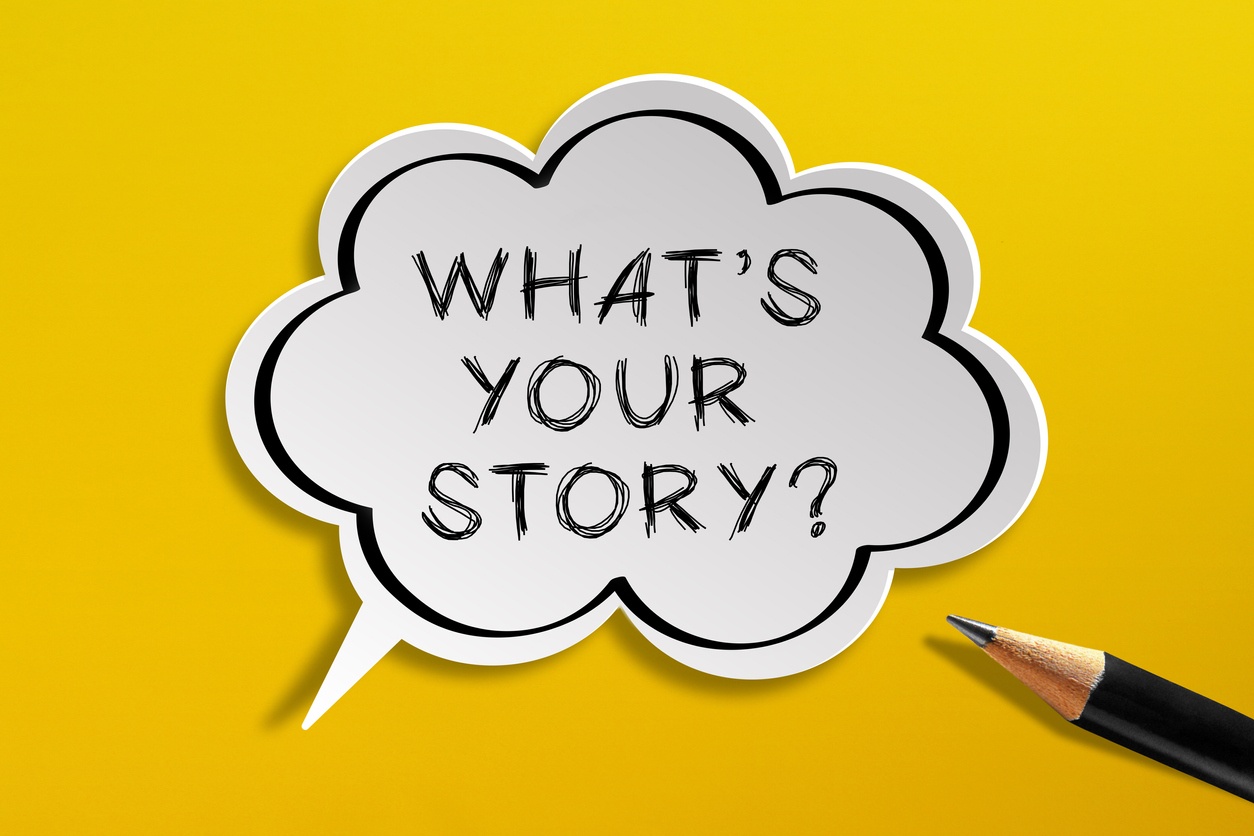Storytelling Without Exploitation: How to Ethically Engage People with Lived Experiences

Have you ever considered the ethical implications of storytelling? Leaders of Volunteers regularly use this critical skill in our daily work in efforts to engage emotion and bring a human side to our data. Storytelling convinces people to care, to support, to volunteer and to donate. But what happens when we ask people with lived experiences, whether it be patients or current or former service users, to share their stories as volunteers? Do we approach this with an ethical lens? If done incorrectly, it can be worse than unethical, it can be exploitative.
New to Engage, author Jessica Pang-Parks, CVA, examines ethical storytelling and how it intersects with our professional ethics in her article, “Storytelling Without Exploitation: How to Ethically Engage People with Lived Experiences." This article will help those working with systematically oppressed groups or those working in healthcare or elder care to avoid the common pitfalls of reinforcing hegemonic power or pity narratives.

Faiza Venzant, CVA
Mon, 10/02/2023Yes! Yes! Yes! Great article, Jessica with practical steps we all can take. I really appreciate the idea of creating story telling policies and making space for the "nos" that may occur. This is a truly embracing dignity as a value.
Megan Cassar
Fri, 10/06/2023Thank you for this article Jessica. It really cements a lot of what I have implemented at my organisation but also reminds me how important it is to stick to boundaries when last-minute requests come through, out of respect for our lived experienced volunteers. I love the idea of developing a story telling policy and thank you for adding the link to the Ethical Storytelling Pledge - I had never seen that!